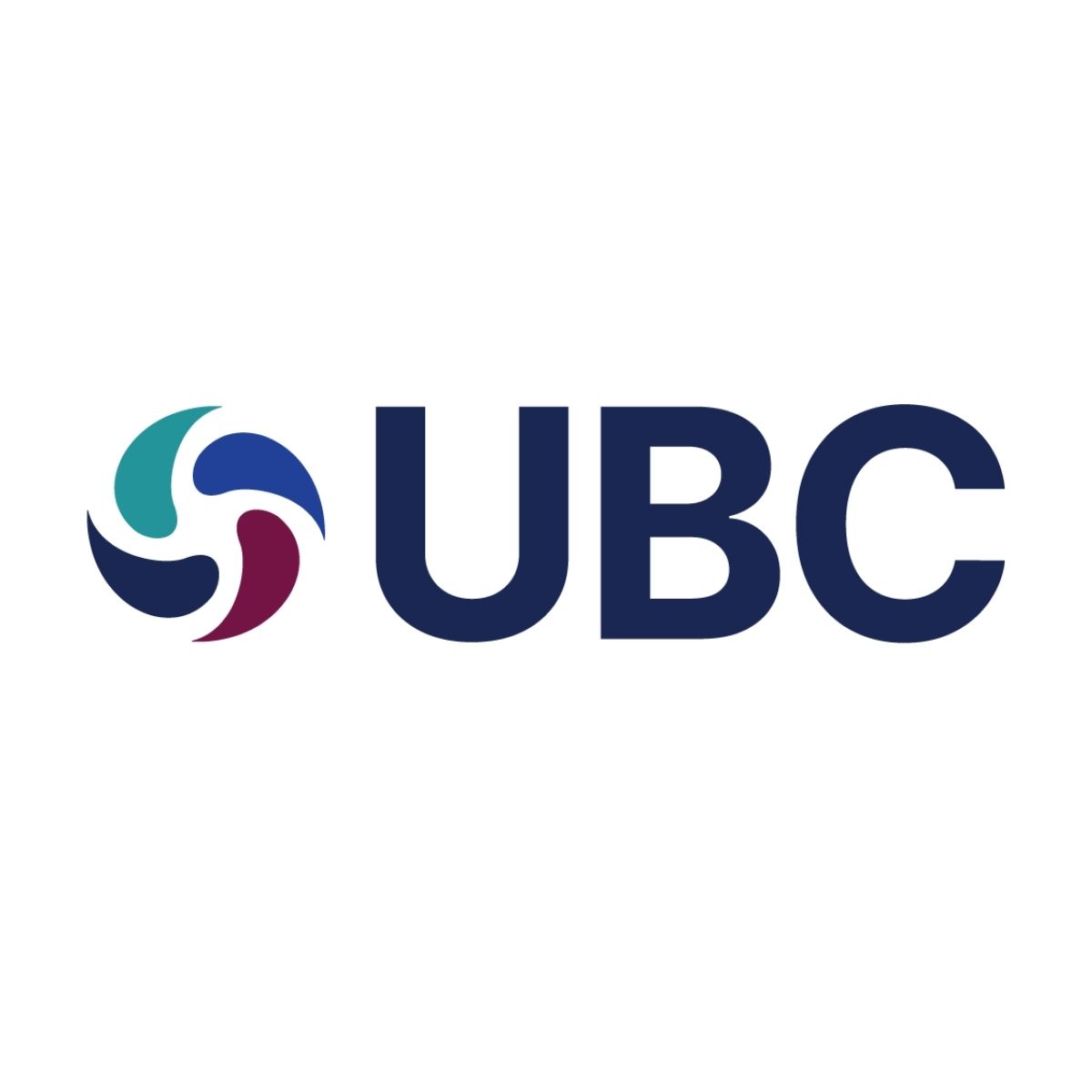The recent global health crisis changed the way in which patients participate in research, and gain access to and adhere to commercial therapies. Across the country office closures, social distancing, and limited personal interactions impacted access to healthcare professionals and sparked a dynamic market change to how clinical nursing support services are delivered and consumed.
Since the beginning of the pandemic, we rapidly deployed nurses to support clinical studies for sample collection, drug administration, and routine assessments. Our commercial nurses continued to deliver high-quality compassionate patient care, including routine and maintenance dosing education and therapy administration training so that patients could start and stay on therapy with confidence and independence.
Virtual engagement has proven to be an important tool in the patient support arena during the pandemic. Nurses from various disciplines have made it their priority to ensure every patient in need has the right support. This commitment is surely a contributing factor to how nurses have managed to be named one of the most trusted professions 19 years in a row!
Our nurses deploy proven engagement skills like motivational interviewing and establishing a personal emotional connection to ensure high-touch, compassionate support. When you combine engagement skills with technology you produce highly effective virtual interactions that truly make a difference to patients. Nursing testimonials from our teams highlight the impact of these engagements:
“During a virtual interaction, the patient told me that she had lost her confidence and was fearful she was not going to be able to inject herself. She was very upset, and I could see how anxious and full of doubt she was. We talked for a while and I was able to help her identify her strengths and find her confidence to inject. She admitted during our interaction that she had been considering asking her doctor to switch her to a non-injectable medication. She repeatedly thanked me for being with her and told me that without my help she probably would have given up. I am so pleased to be part of a support system that allows me to engage with patients using the channel that is most meaningful for them. Because of the ability to virtually be ‘in-the-room’ with this patient, we established a bond that has persisted, and she continues to successfully inject!”
~UBC Clinical Coordinator (Registered Nurse)
“Being able to perform virtual visits has really opened so many more opportunities to connect with patients. During a recent virtual injection training, I was able to see nonverbal cues that the patient was exhibiting. Reading those cues gave me insight into how he was feeling; being able to see his posture, eye contact, and body language allowed me to customize the pace of our training to best meet his needs. Virtual engagement is a powerful resource and when utilized to deliver patient education and training it undoubtedly provides the best experience possible.”
~UBC Clinical Coordinator (Registered Nurse)
Offering comprehensive and customized guidance through the patient’s entire healthcare journey ensures optimal patient experience and outcomes. It keeps the focus on the end goal – patient success. Exceptional patient support services improve speed to therapy and help patients overcome clinical concerns. Resiliency, agility, and innovation are how we ensure world-class service that enables patients to be successful on life-changing medications. To learn more about how UBC supports patients through our nurse network, go here.
About the Author

Marci Gott is a Registered Nurse who brings over 25 years of experience in the pharmaceutical & healthcare industry. She has significant experience in critical care, specialty medicines, direct-to-consumer marketing, and establishing reimbursement and clinical support centers. Marci joined UBC in 2018 as the Director of Operations & Client Services. She oversees Clinical & Reimbursement teams, Site of Care shared services, and the Nationwide Network of Home Health Agencies & Per Diem field nursing teams.






